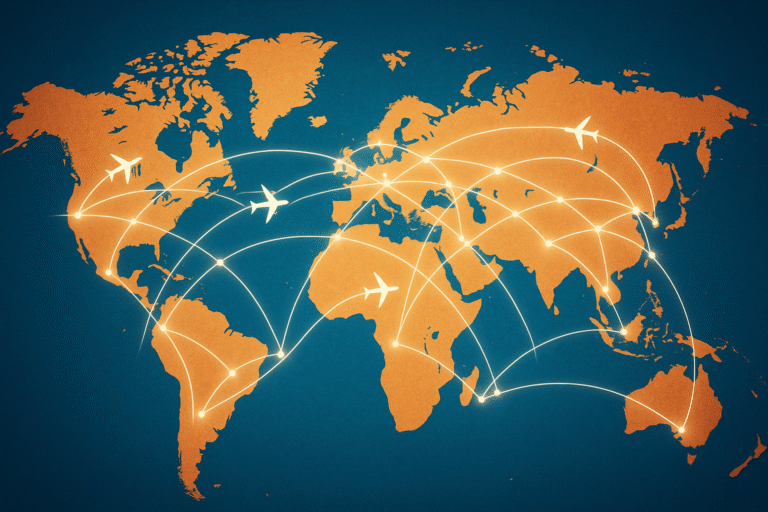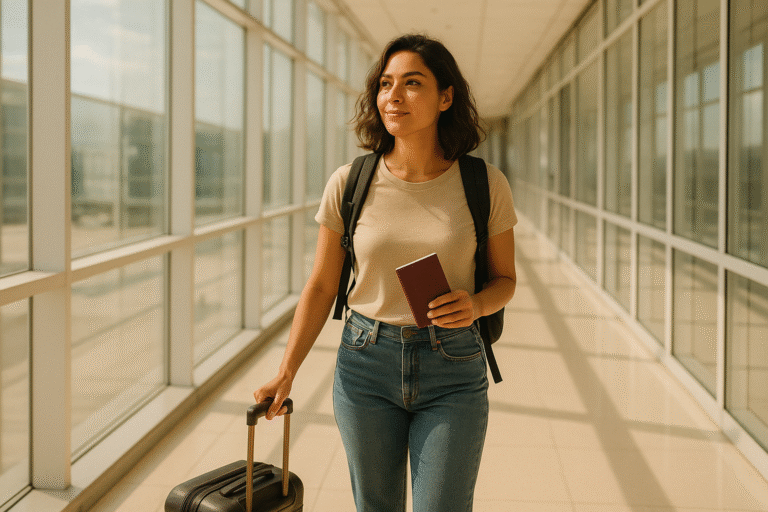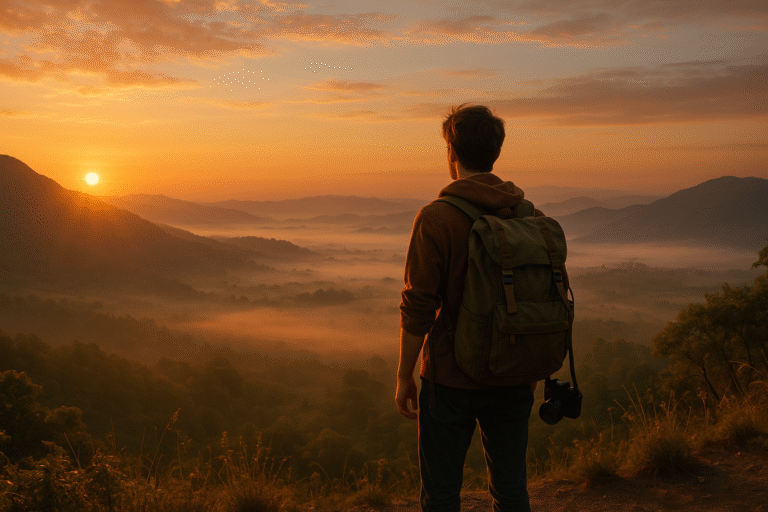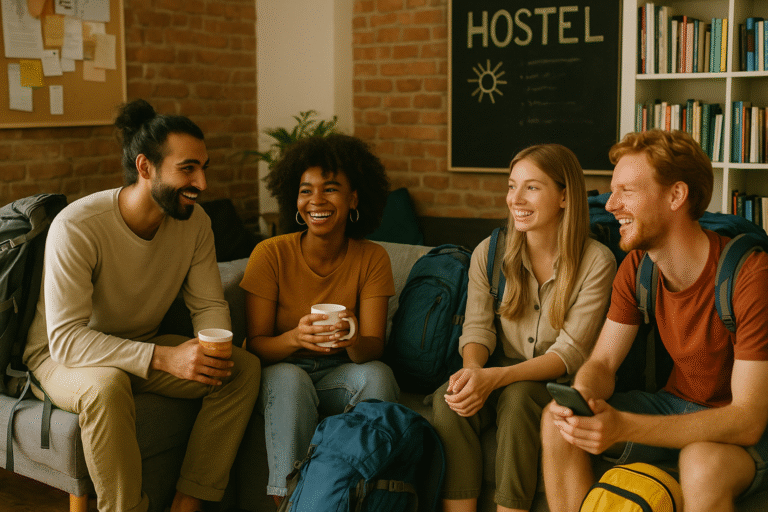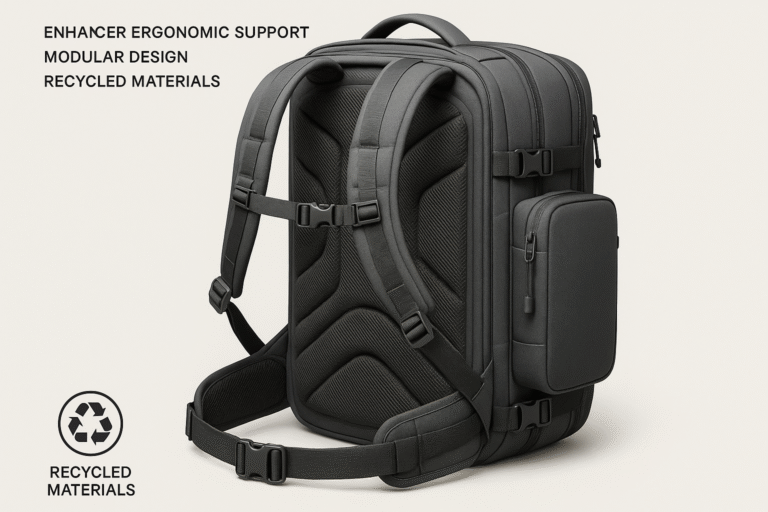How to Overcome the Fear of Traveling Alone

The fear of traveling alone is a common obstacle for many aspiring adventurers. Whether it stems from safety concerns, social anxiety, or fear of the unknown, learning to navigate these feelings can unlock a powerful and transformative solo travel experience. This guide offers practical strategies, personal mindset shifts, and actionable tips to help you face solo travel with confidence and excitement.
Table of Contents
Understanding the Fear of Traveling Alone
Traveling alone can trigger deep-seated fears: fear of being lonely, fear of getting lost, fear of danger, and fear of looking foolish. These fears are valid, but they often stem from misconceptions or a lack of experience.
- Fear of Loneliness: Worrying about feeling isolated without a companion.
- Safety Concerns: Fear of being vulnerable in an unfamiliar environment.
- Social Judgment: Anxiety about how others perceive a solo traveler.
Mindset Shifts: Turning Fear into Empowerment
Solo travel isn’t about being alone; it’s about being free. Reframe your mindset to see solo travel as a gift, not a punishment.
- Embrace discomfort as growth.
- Focus on the possibilities, not the problems.
- Celebrate your independence and resilience.
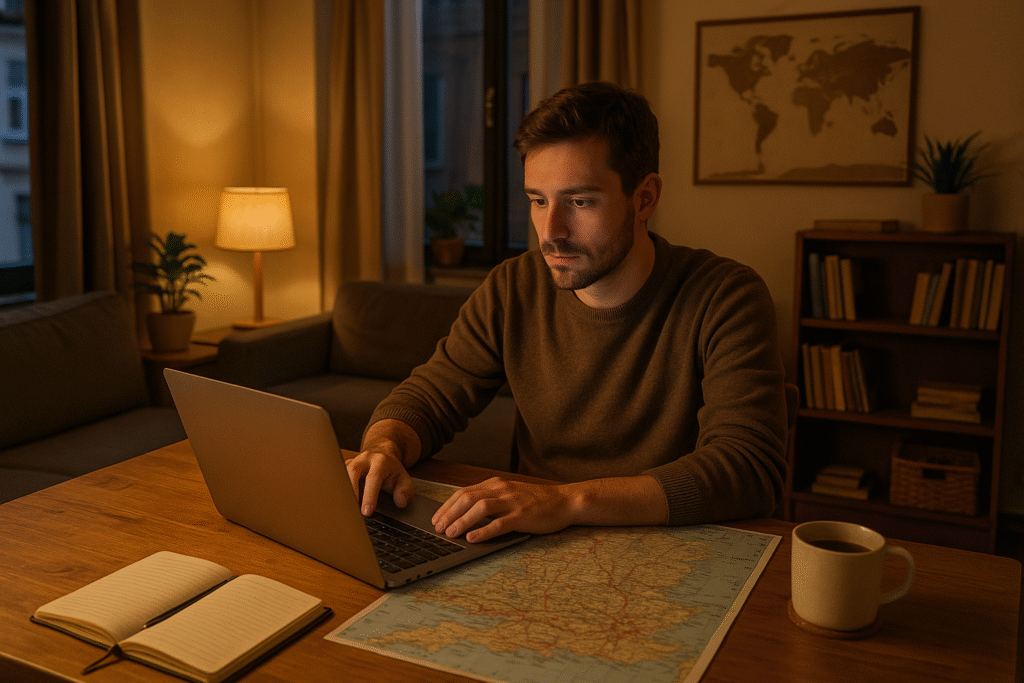
Preparation Builds Confidence
Fear often diminishes when you’re prepared. Here’s how to get ready for your first solo trip:
- Research: Learn about your destination’s culture, language, and safety tips.
- Plan your arrival: Know how you’ll get from the airport to your accommodation.
- Book your first few nights: Have peace of mind knowing where you’ll sleep.
Start Small and Build Up
You don’t need to fly across the world right away. Begin with a weekend trip to a nearby city to ease into solo travel.
- Test your comfort level with solo dining or day trips.
- Practice navigating on your own in familiar surroundings.
- Gradually expand the complexity and duration of your trips.
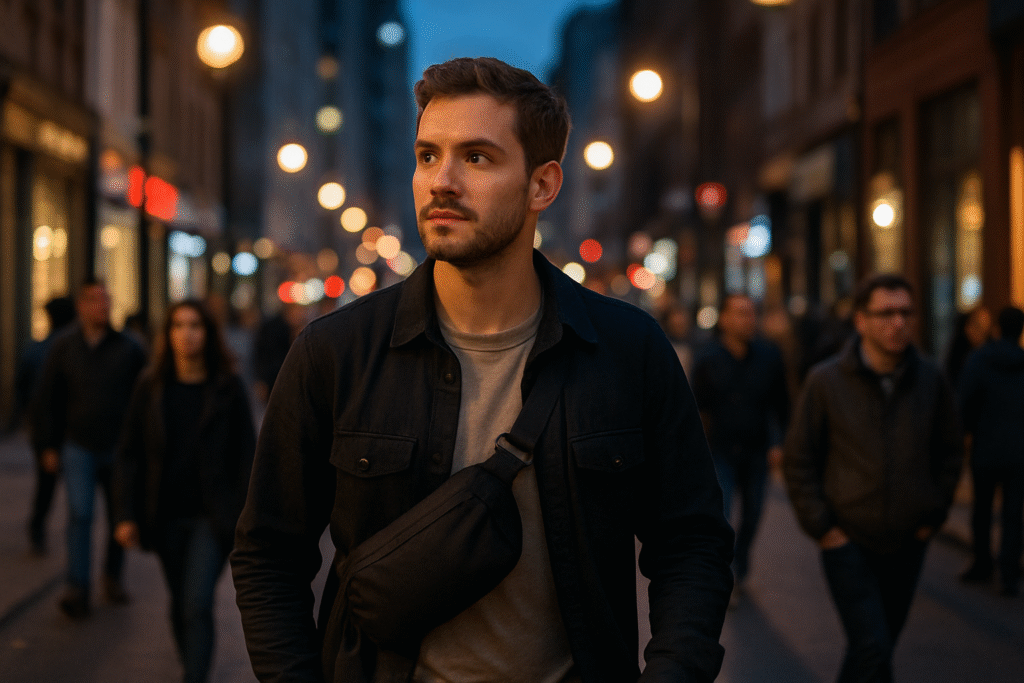
Safety Tips for Solo Travelers
Safety is one of the biggest concerns when it comes to the fear of traveling alone. Here’s how to stay safe and feel secure:
- Share your itinerary with friends or family.
- Keep emergency contacts easily accessible.
- Trust your intuition and avoid risky situations.
- Use travel insurance and secure your valuables.
Stay Connected, But Present
Technology helps ease the fear of being cut off. Use it wisely:
- Use offline maps and translation apps.
- Check in regularly with loved ones.
- But also take time to disconnect and fully experience the moment.
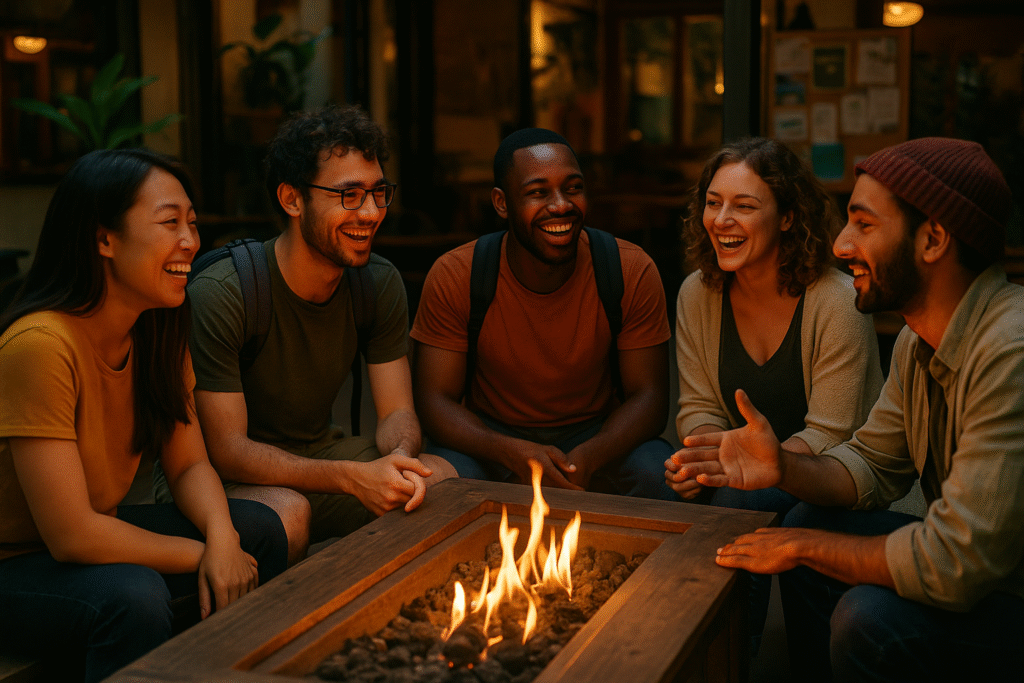
Making Connections on the Road
Solo doesn’t mean lonely. You’ll find opportunities to meet people everywhere:
- Stay in hostels or social accommodations.
- Join walking tours, cooking classes, or group excursions.
- Be open to conversations – locals and other travelers are often curious about solo explorers.
Embracing Solitude
Learning to be content in your own company is one of the greatest rewards of solo travel. Enjoy the silence, the freedom, and the personal growth that comes from being alone – and happy.
Celebrate Every Victory
Each small step forward—navigating a new city, dining alone, making a new friend—is a win. Recognize your courage and reward yourself with memories and self-respect.
FAQ: Overcoming the Fear of Traveling Alone
- 1. Is it normal to be afraid of traveling alone?
- Absolutely. Many people feel nervous before their first solo trip, but preparation and mindset can reduce fear.
- 2. How can I feel safer while traveling solo?
- Share your plans, research your destination, and trust your instincts. Choose safe accommodations and stay aware.
- 3. What if I get lonely during my trip?
- Engage in group activities, stay in social hostels, and reach out to fellow travelers or locals.
- 4. What should I do if something goes wrong?
- Stay calm. Have backup contacts and insurance. Ask for help – locals and embassies are there to support travelers.
- 5. Can solo travel really be enjoyable?
- Yes! Many solo travelers find it empowering, enriching, and deeply rewarding. It fosters independence and inner peace.


